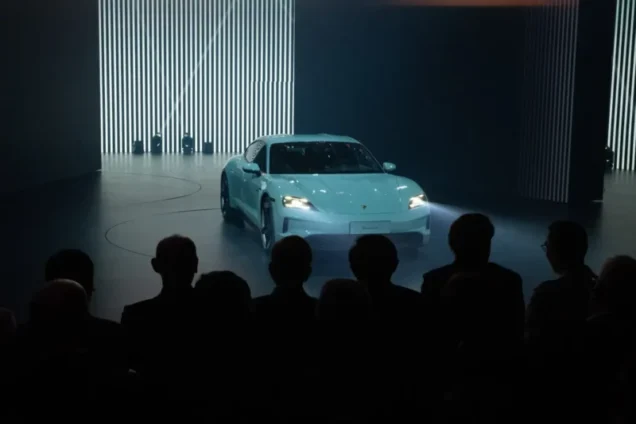Contrary to widespread expectations, electric vehicles (EVs) imported into Ghana are still subject to duties, even for buses intended for commercial transport services. Despite some government officials suggesting that EVs could be imported duty-free to support the country’s goal of reducing emissions from petrol and diesel vehicles, importers who attempted to bring in EVs were required to pay the applicable duties.
In the 2024 national budget, the government announced that “investors seeking to assemble electric vehicles in-country will be granted import exemptions on semi-knocked down (SKDs), completely-knocked down (CKDs), and fully-built units (FBUs)” under the Ghana Automotive Development Policy. Furthermore, the budget stated that “import duty exemptions will be granted for the importation of commercial electric buses for public transportation” as part of Ghana’s efforts to promote an eco-friendly environment and achieve net zero carbon emissions.
However, despite this clear commitment in the budget, individuals attempting to import EV buses were still asked to pay duties, contradicting the government’s public statements. The High Street Journal sources confirmed that duties are being charged on all EV imports, including buses. These sources clarified that the duty exemption for electric buses only applies to those imported by the government, not by private individuals or companies. As a result, individuals who seek to import EV buses for commercial use must pay the standard import duties.
Ghana is a signatory to the ECOWAS Common External Tariff (CET), which requires a 20% duty on vehicles imported from non-ECOWAS countries. In 2015, Ghana secured a five-year exemption allowing it to charge as low as 5% duty on vehicles with smaller engines. To grant duty exemptions for EVs, Ghana would need to apply for a similar exemption from ECOWAS and pass a legislative instrument (LI) to give legal effect to the duty-free status mentioned in the 2024 budget.
This LI would have clarified that the duty exemption for electric buses was limited to those imported by the government, a distinction that could be politically sensitive in an election year. Commercial transport operators who had hoped to import electric buses have expressed frustration, calling the government’s policy discriminatory. They argue that limiting duty exemptions to government-imported buses gives an unfair advantage to public sector vehicles, which could discourage private investment and innovation in the EV market.
As the global push for EV adoption accelerates to create an eco-friendly environment and meet net zero carbon targets, Ghana has pledged to follow suit. However, bureaucratic and legislative challenges may delay the country’s full embrace of electric vehicles, tempering the excitement surrounding their potential growth in the market. These hurdles may not be resolved until 2025 or beyond, putting a damper on Ghana’s ambitions to significantly increase EV imports in the near future.
Credit: thehighstreetjournal.com
Latest Stories
-
George Twum-Barimah-Adu pledges inclusive cabinet with Minority and Majority leaders
44 mins -
Labourer jailed 5 years for inflicting cutlass wounds on businessman
45 mins -
Parliament urged to fast-track passage of Road Traffic Amendment Bill
45 mins -
Mr Daniel Kofi Asante aka Electrician
46 mins -
Minerals Commission, Solidaridad unveils forum to tackle child labour in mining sector
51 mins -
Election 2024: Engagement with security services productive – NDC
52 mins -
Retain NPP for the good of Ghana – Rebecca Akufo-Addo
53 mins -
‘Let’s work together to improve sanitation, promote health outcome’ – Sector Minister urges
54 mins -
Ellembelle MP cuts sod for six-unit classroom block at Nkroful Agric SHS
57 mins -
‘I’ll beat the hell out of you if you misbehave on December 7’ – Achiase Commanding Officer
59 mins -
AFPNC leads the charge on World Prematurity Day 2024
1 hour -
Court remands unemployed man over theft of ECG property
1 hour -
Election security rests solely with the police – Central Regional Police Command
1 hour -
NCCE engages political youth activists at Kumbungu on tolerance
1 hour -
‘In Mahama’s era students lacked chalk, but are now receiving tablets’ – Bawumia
1 hour

